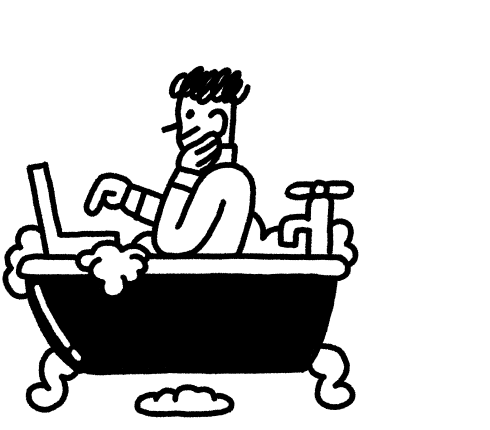You can have a great plan. You can hustle all you like. You can meditate daily.
If you’re doing all that without the right information, though, you can easily go 100 miles in the wrong direction.
Knowledge is possibly the most valuable pillar of improvement. As Kickstarter cofounder Yancey Stricker says: “The accrual and application of knowledge is a force multiplier that can spark everything from technology to science to philosophy, and new ways of life with them.”
Few forms of media can give you knowledge as thoroughly, as quickly, and as cheaply as the humble book. Radio, television, and the internet were all supposed to kill physical books.
They didn’t.
Books are special because you get entire decades of lessons from the author wrapped in a 300-page package. This is opposed to your average YouTuber who is trying to stretch one piece of information into a video that feels decades long.
Still, it’s worth remembering that if you don’t have time to digest the information you read in books, you may as well be staring at a blank page. This is the reason that one friend of yours listens to 87 business podcasts every day… but never starts a business. Remember the Strickler quote. It’s the accrual and application of knowledge that matters, not simple consumption of it.
Here are a few tips for turning that stack of unread pages on your bookshelf into actual value in your day to day life.
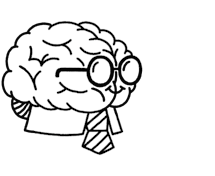
Don’t wait for someone else to do it. Hire yourself and start calling the shots.
Get Started Free1.Read Less Per Day, More Often
Magnificent as the human brain is, it suffers from a nasty quirk that can doom even our best efforts to increase our knowledge base: almost everything we learn is forgotten in just two days.
This species-wide forgetfulness has been documented over the years, largely thanks to psychologist Hermann Ebbinghaus. Ebbinghaus created the “Forgetting Curve” in order to show how information leaks out of your brain over time.
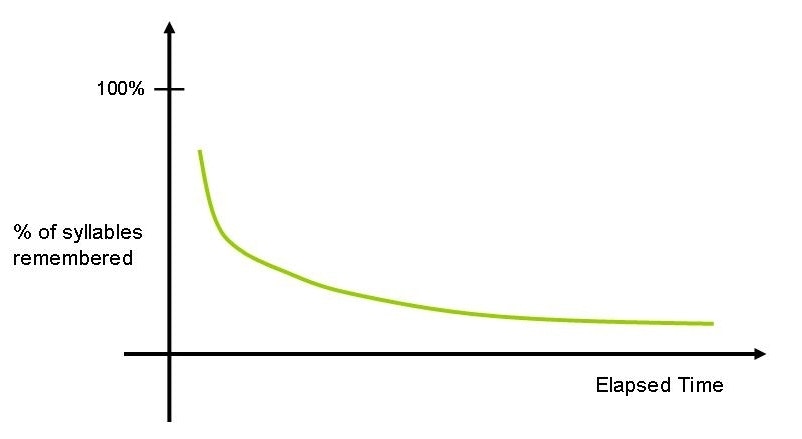
It’s a bleak picture, isn’t it? Ironically, this curve is a principle that has never left my mind. It is incredibly freeing to learn humans simply weren’t meant to retain everything.
You may think you have a great memory. The truth is, it’s probably much worse than you think.
Photographic memory is a myth, and humans who claim to have renowned memories go through drills and practice each day to retain what they learn. You’d be better off perfecting that avocado toast recipe if you don’t have hours for assigning memory tricks to the 100 pages you speed-skimmed over coffee.
The solution? Read less, more often.
What Ebbinghaus found in his efforts to improve the human mind was that pieces of smaller information, reinforced daily, were more likely to stick. He called this overlearning. As you can see in this second chart, more information is retained with each revisiting of the information.
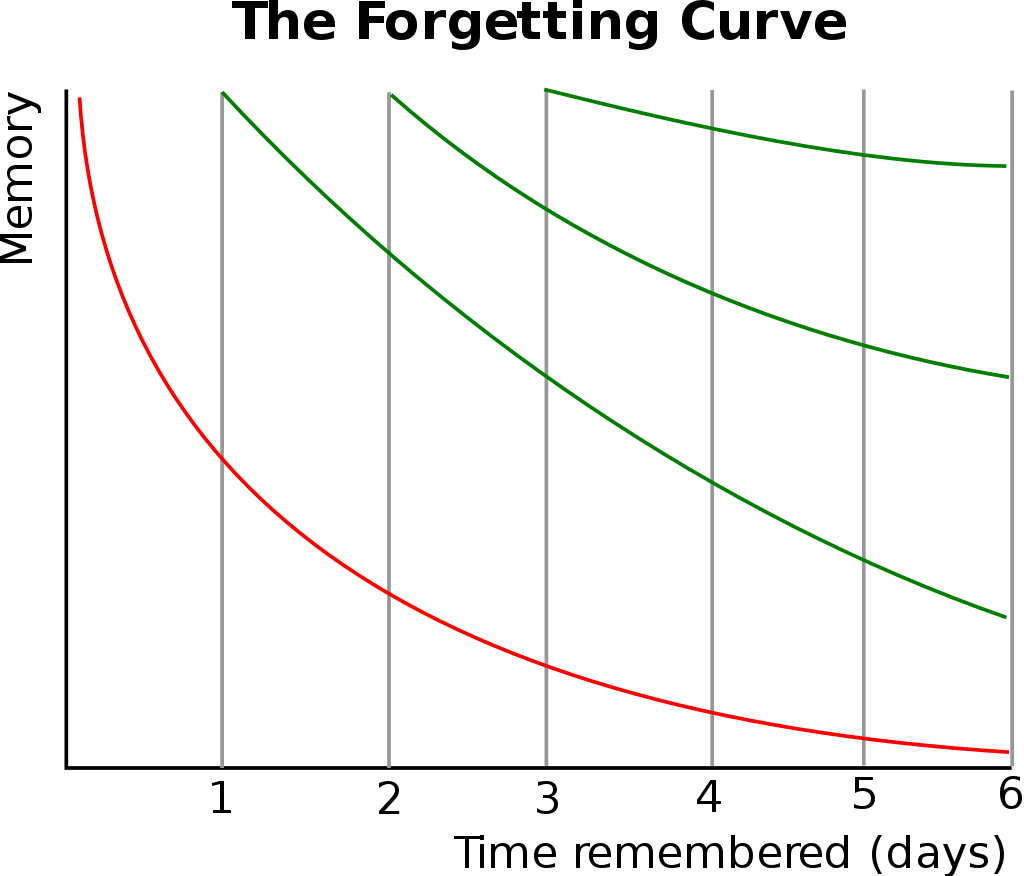
What does that mean? That means if you only have 1 hour to read, consider dialing back your reading to only 15 minutes of that time. Use the remaining 45 minutes to recall and dwell on what you’ve read.
When you start reading the next day, more of what you read previously will be fresh in your memory, making it easier to pick up where you left off. The new section will stick even better because of this.
It’s a virtuous cycle.
2.Annotate All Your Books for Active Reading and Easy Reference
What if every book you read looked like a literal highlight reel of what you learned?
Remember the key phrase: accumulation of knowledge, not consumption. Books were meant to be living documents, to be interacted with, and not passively consumed. One way you can make that switch is by always reading with a pen and a highlighter. My poor books never knew what hit them.
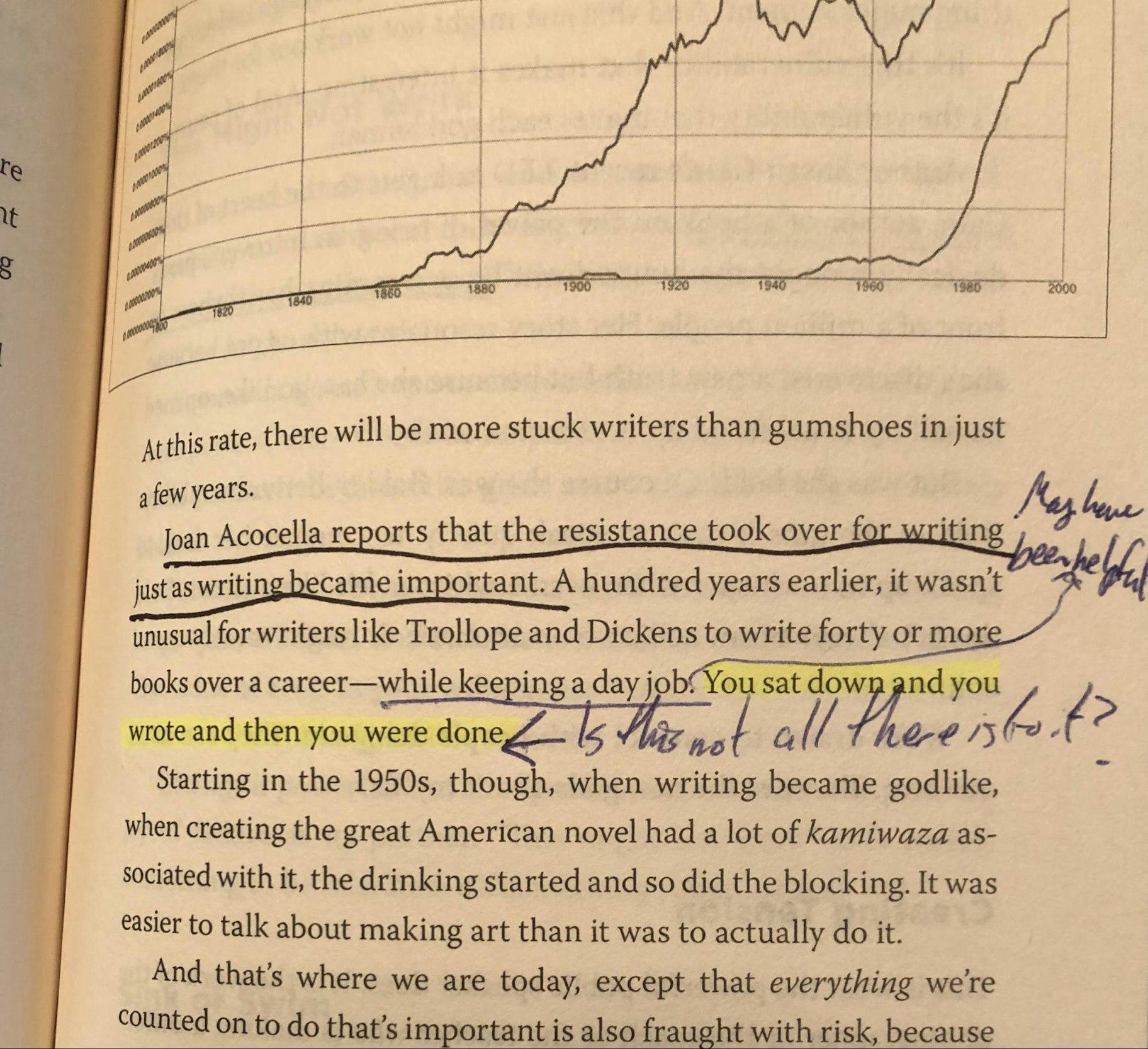
Not only has the yellow highlighter been proven to boost memory and retention, simply holding one keeps you engaged as you turn the pages. You read differently when actively searching for useful information.
We’ve already dialed back your reading time to 15 minutes per day. The highlighter and pen marks further maximize that time by showing you what is most important to you. Since you might not always be in a place to act on the information you’ve read right away, your annotations can act as a to-do list for your future.
A personal example. Several years ago I read Automatic Wealth by Michael Masterson. The information within was eye-opening, but there were too many principles to implement right away. Thanks to my meticulous annotation routine, I flipped open the book months later, found an annotation I’d made about improving my morning routine, and immediately put it into play.
If you’re a freak like me, you can take it a step further. In addition to the pen and highlighter, my reading arsenal is also equipped with these: post-it flags.
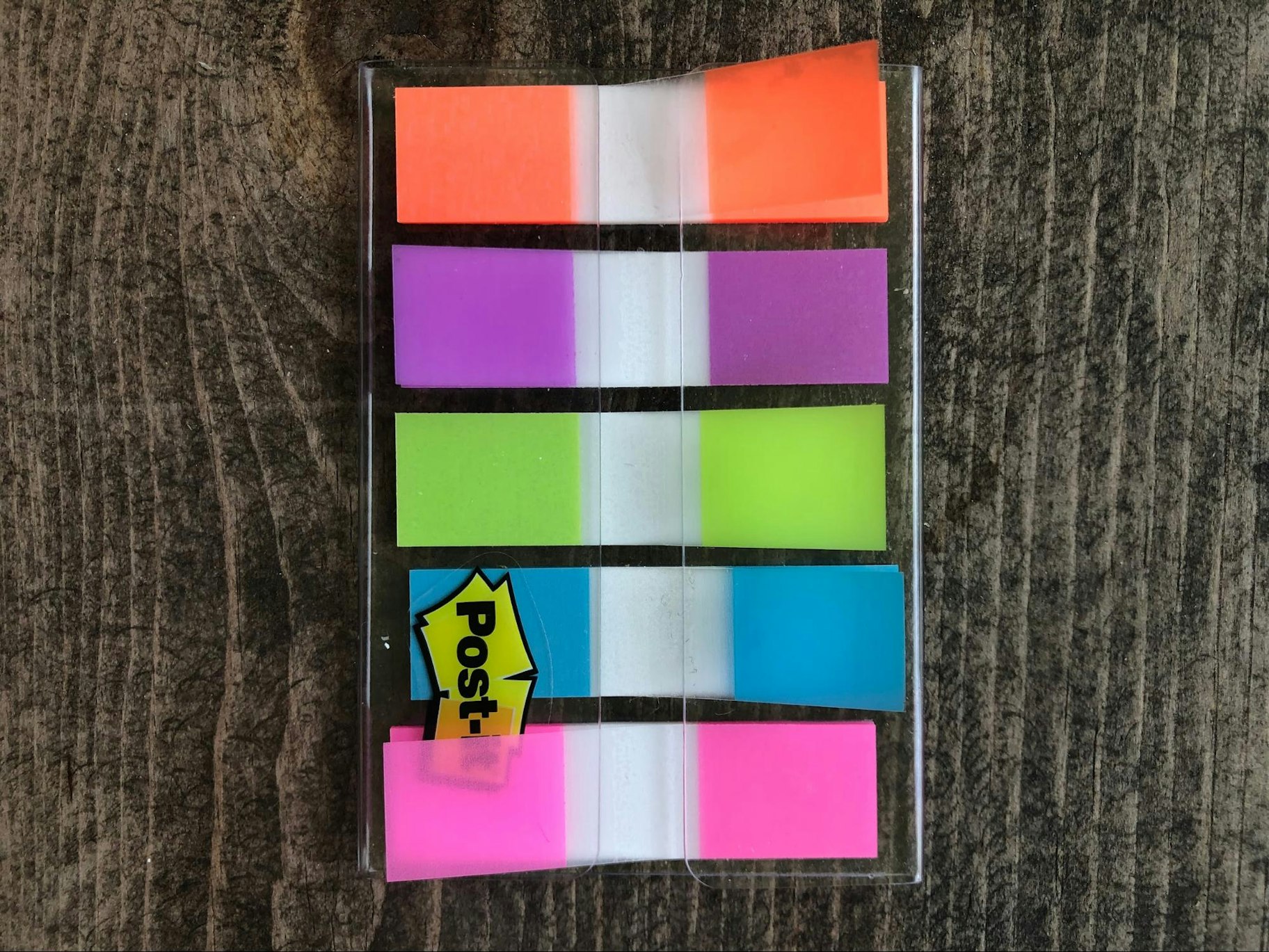
When I have these babies in hand and become obsessed with a certain book, things can get carried away pretty quickly…
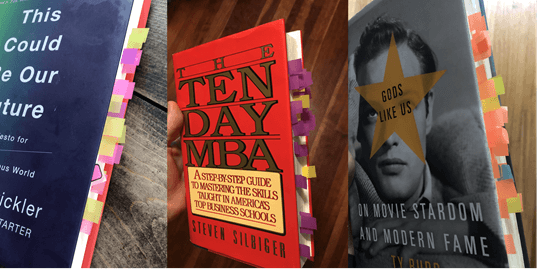
The highlighter and pen will go a long way, but if you’re looking for bonus points, use the post-it flag system for statistics, quotes, and further reading recommendations. Your future self will thank you.
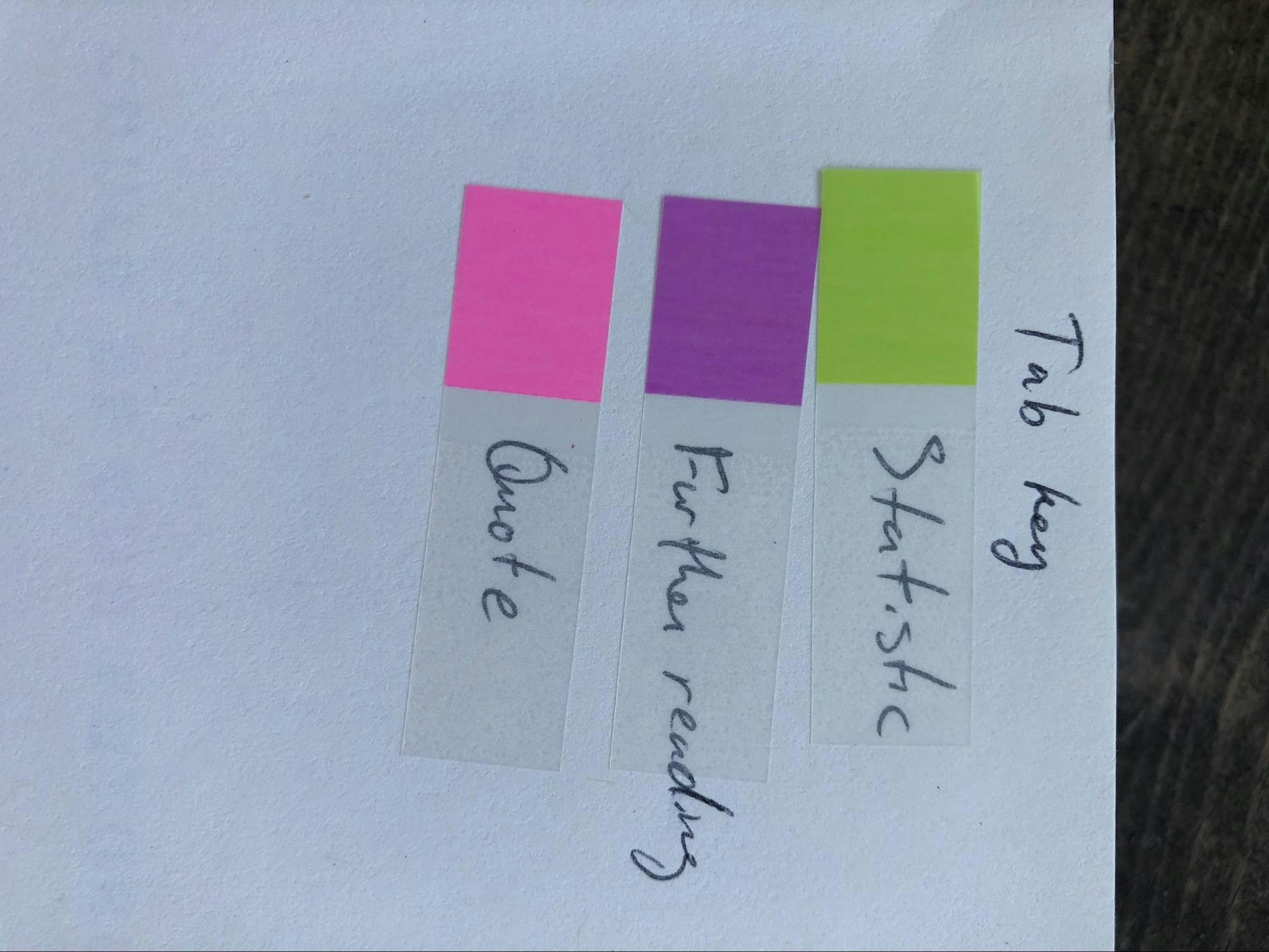
3.Write About What You Read
The key to this tip is writing to teach.
Teaching has been shown to have massive benefits on retained knowledge.
Dave Ramsey and Robert Kiyosaki are financial experts in part because of their education, but also because they talk about money with people all day, every day. Dave Chesson is an expert on Amazon’s algorithm because he spent years blogging about it. Marie Kondo is world renowned as the tidying queen because… you guessed it… she teaches, writes, and speaks about it constantly.
Benefits of writing down what you learned comes in two separate parts:
The first benefit comes from preparing to write. Remember that miserable drill in school where you had to share a “fun fact” about yourself? What happened when you knew your turn was coming? Your brain started scanning the records of your life, recalling tidbits of information.
Preparing to write any number of words on any topic demands you call to mind all those little details you know about the subject. This alone bumps up Ebbinghaus’s recall recommendation and puts you at the top of the forgetting curves once more. As you organize the ideas in your mind, you remember.
The second benefit happens in the act of writing. Let’s pretend you are writing about a new marketing strategy you learned. It’s a method of producing daily video. While jotting down everything you learned, you think, “Wait a minute, what was that app I was supposed to use for filming?” So you take a quick glance at the highlighted line in your book.
Boom. Memory jogged. Lesson locked.
As you’re writing, consider how the information you just learned relates to what you already know. If you’re in food, write down how the emergence of meal delivery services may affect your brick and mortar pizza place. If you’re in the shipping business, what did you learn about FedEx’s logo history that differentiates it from UPS?
Writing about what you learn doesn’t mean you have to become a full time blogger (although it is a great way to create a well of infinite content). You don’t need to spend hours crafting perfect prose. Your english teacher won’t see this. Instead, writing a quick stream of consciousness note on your phone or in Evernote for 10 minutes will do the trick.
What About Audio Books?
It’s a fair question. Even though print books are still reportedly much more popular than digital books, audio books are on the rise.
Maybe you have an hour-long commute, and you’re trying to make the most of that time. Ebbinghaus’s rules and everything you’ve learned here still applies. Remember, the key here is not reading a certain format of a book, but storing what you learn in memory. (Accrual of knowledge, not consumption.)
As you’re driving, pause the audio book every 15 minutes or so, and teach your steering wheel what you just learned. Although it’s a quiet student, it is a good listener 🙂
Conclusion
There you have it – three ways to remember and use more of what you read. The key takeaway for this post is to remember your goal is the accrual of knowledge, not mere consumption. More reading is not necessarily better.
Here are the three tips once more:
- Read less, more often
- Annotate your books to read actively
- Write about what you’re learning
Even if you choose one of those three tips, you’ll have a much better chance of turning basic reading into business results.
Stay focused. Stay balanced. Learn, and most importantly:
Read.
